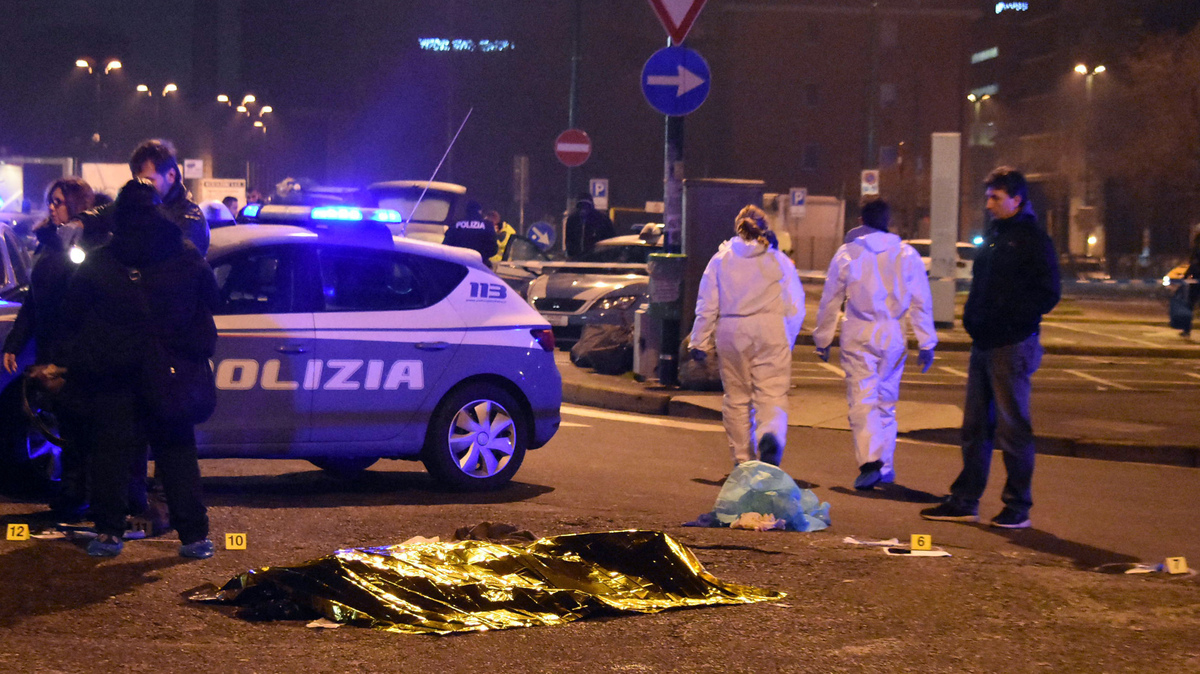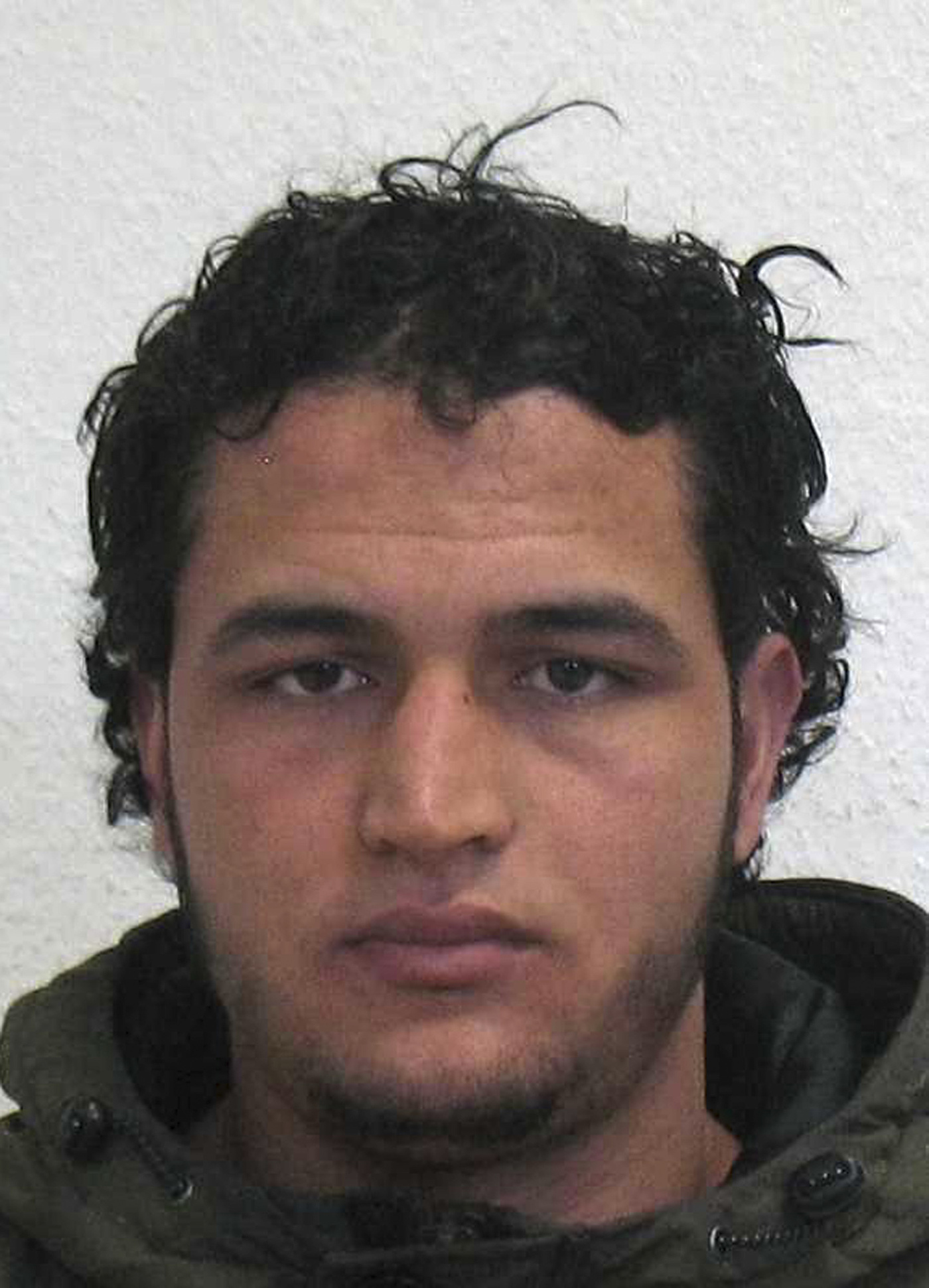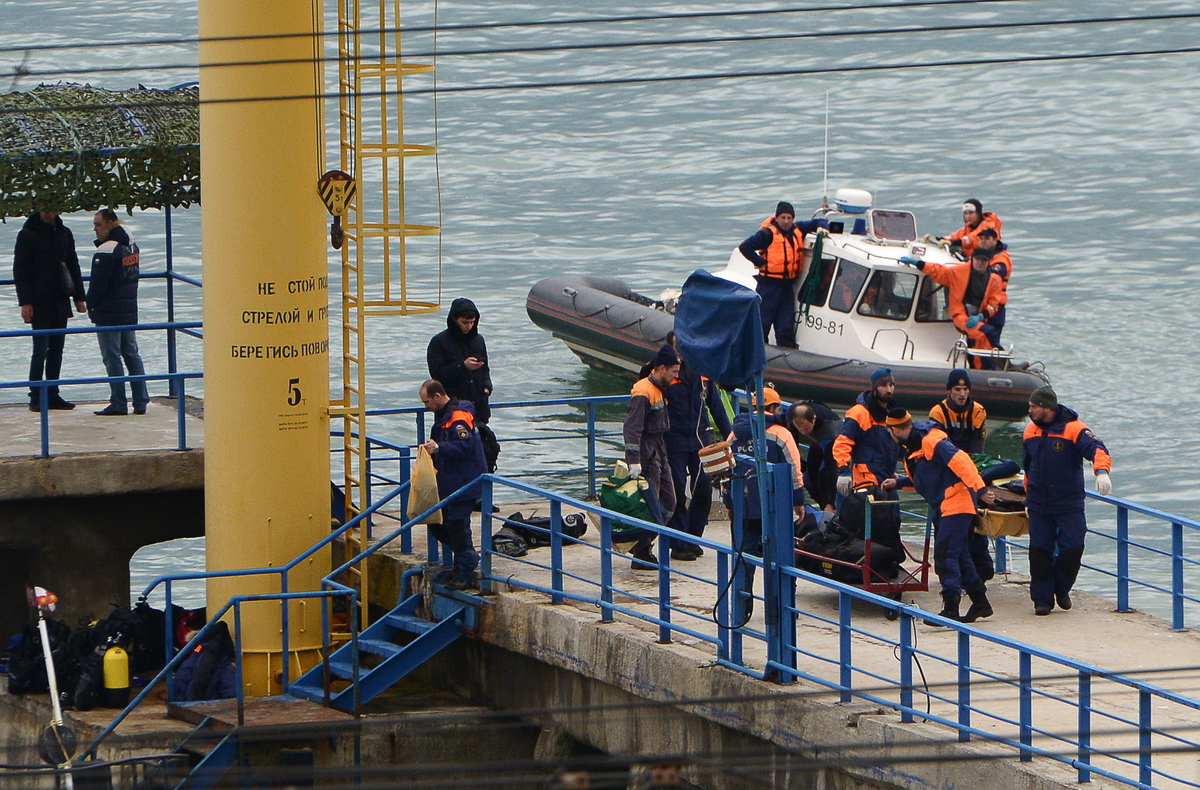If US president-elect Donald Trump wanted to show he planned to obliterate President Barack Obama's approach to Israel, he might have found his man to deliver that message in David Friedman, his pick for US ambassador.
The bankruptcy lawyer and son of an Orthodox rabbi is everything Mr Obama is not: a fervent supporter of Israeli settlements, opponent of Palestinian statehood and unrelenting defender of Israel's government.
So far to the right is Mr Friedman that many Israel supporters worry he could push the country's hawkish Prime Minister Benjamin Netanyahu to be more extreme, scuttling prospects for peace with Palestinians in the process.
The heated debate over Mr Friedman's selection is playing out just as fresh tensions erupt between the US and Israel.
In a stunning decision on Friday, the Obama administration moved to allow the UN Security Council to pass a resolution condemning Israeli settlements as illegal. The move to abstain, rather than veto, defied years of US tradition of shielding Israel from such resolutions, and elicited condemnation from Israel, politicians of both parties, and Mr Trump. "Things will be different after January 20," Mr Trump vowed on Twitter, in reference to his inauguration.
Presidents of both parties have long called for a two-state solution that envisions eventual Palestinian statehood, and Mr Netanyahu says he agrees. But Mr Friedman, whose appointment must be confirmed by the Senate, does not. He has called the two-state solution a mere "narrative" that must end.

Under Mr Obama, the US has worked closely with J Street, an Israel advocacy group sharply critical of Mr Netanyahu. Mr Friedman accuses Mr Obama of "blatant anti-Semitism" and calls J Street "worse than kapos", a reference to Jews who helped the Nazis imprison fellow Jews during the Holocaust. For decades, the US has opposed Israeli settlement-building in lands it seized in the 1967 Middle East war.
Mr Friedman runs a non-profit organisation that raises millions of dollars for Beit El, a settlement of religious nationalists near Ramallah. Beit El runs a right-wing __news outlet and a yeshiva, whose dean has provocatively urged Israeli soldiers to refuse orders to uproot settlers.
So it is unsurprising that Mr Friedman's nomination has already sharpened a growing balkanisation of American Jews - between those who want the US to push Israel towards peace and those who believe Mr Obama's approach abandoned America's closest Middle East ally. It is a debate playing out even at Temple Hillel, near the Long Island-Queens border, where Mr Friedman's father was rabbi for almost half a century.
"Clearly, David's opinions do not appeal to everybody in the synagogue, and they appeal to others," said Ken Fink, the synagogue's president and long-time congregant. "But there's a huge amount of pride for the hometown boy."
Thirty-two years before Mr Trump's election, President Ronald Reagan donned a yarmulke and ate chicken cutlets and noodle pudding at Rabbi Morris Friedman's home, after a speech at Temple Hillel affirming the separation between church and state. Coming just two weeks before Mr Reagan's re-election, the attempt to woo Jewish voters struck some as opportunistic, and they protested on the streets of the heavily Jewish town of North Woodmere.
Seated at the Sabbath table with Mr Reagan was David Melech Friedman. The rabbi's son went on to become Mr Trump's bankruptcy lawyer, an advocate for far-right policies on Israel - and now Mr Trump's choice for ambassador, despite having no diplomatic experience.
Cindy Grosz, who said she had known Mr Friedman for nearly 50 years, recalled big parties with boisterous debates about Jewish issues held in his family's sukkah, the outdoor hut Jews build during the festival Sukkot. "He still has the same best friends he's had for over 30 years," Ms Grosz said.
Irish Independent





























